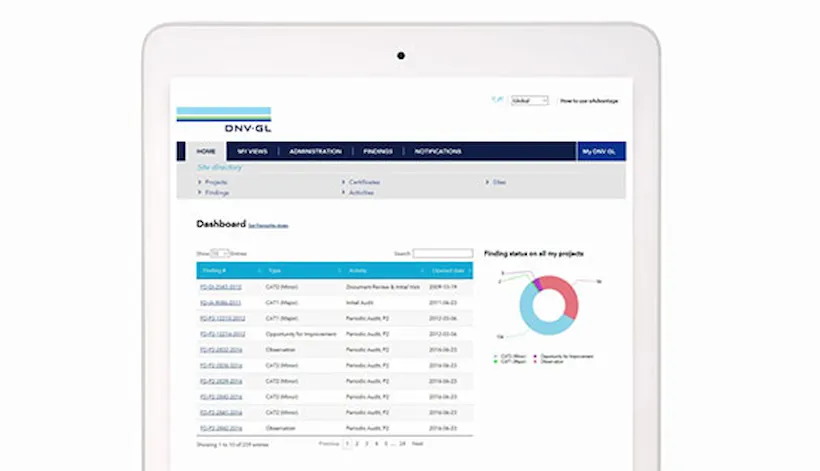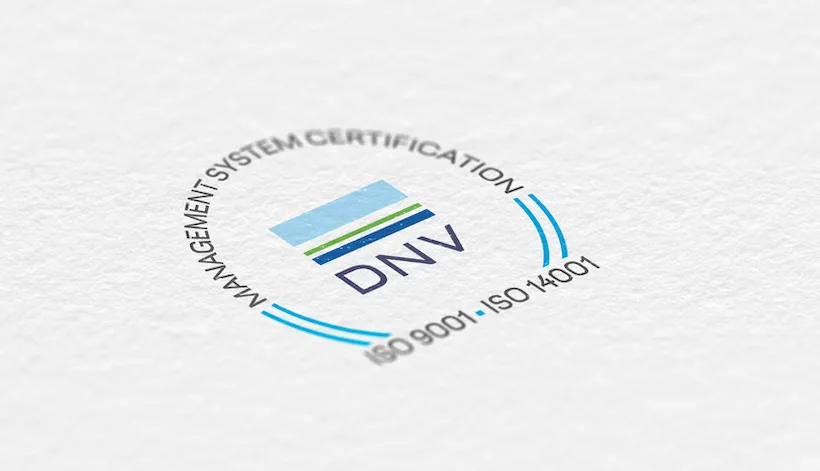DNV je neovisan pružatelj usluga iz područja upravljanja rizicima prisutan u više od 100 zemalja
Svojim širokim iskustvom i stručnošću DNV unapređuje sigurnost i održive performanse, postavlja industrijske standarde te inspirira i osmišlja rješenja. DNV je jedan od vodećih svjetskih pružatelja usluga certifikacije i upravljanja rizicima. Bilo da certificiramo sustav upravljanja ili proizvode tvrtke, pružamo obuku ili procjenjujemo lance opskrbe i digitalne imovine, omogućujemo kupcima i dionicima da s povjerenjem donose kritične odluke. Predani smo podržati naše klijente u tranziciji i održivom ostvarenju njihovih dugoročnih strateških ciljeva, zajednički doprinoseći ciljevima održivog razvoja UN-a.














